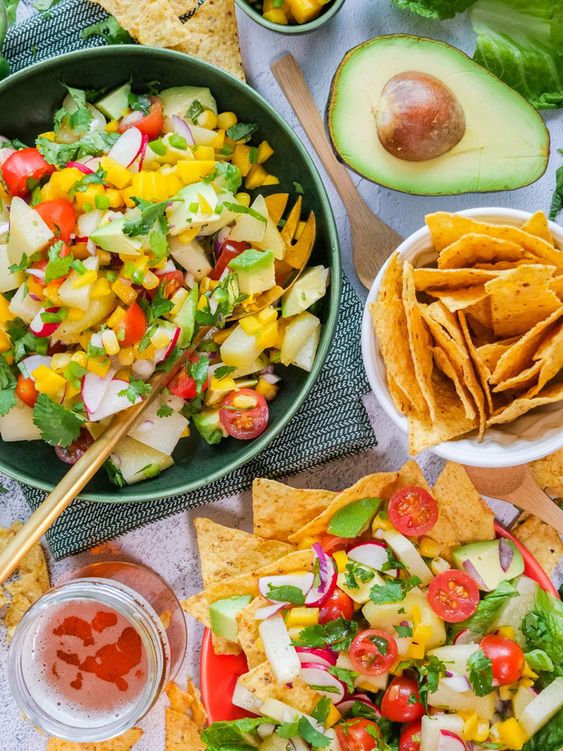Mauritius may be a tropical paradise, but living sustainably on a small island that relies heavily on imports, long-haul flights, and personal vehicles poses unique challenges. Still, there’s plenty we can do—individually and collectively—to lighten our footprint and help preserve the natural beauty we call home.
Whether you’re a local or an expat, here’s a guide to living a greener life in Mauritius.
Out Tips To Have a More Sustainable Lifestyle in Mauritius
1. Rethink the Way You Travel
Car use is almost unavoidable in Mauritius, but every small change helps.
Carpool or carshare when possible, especially for events or work commutes.
Use public transport like the Metro Express or bus services more regularly. While buses are generally considered eco-friendly, in Mauritius many still run on diesel and are over 20 years old—highly inefficient. The good news? Efforts are underway to modernize the fleet and introduce cleaner, greener alternatives.
Be flight conscious: It’s hard to avoid flying to and from Mauritius, but you can:
Combine trips and stay longer. It will also be cheaper!
Choose airlines with strong sustainability practices—but beware of greenwashing. The atmosfair Airline Index compares and ranks the carbon efficiency of the 200 largest airlines in the world. Air Mauritius is actually not ranking too bad (n°16!), better than Air France (57), Emirates (88), Corsair (92) or Turkish Airlines.
Fly newer aircraft like the Airbus A350 or Boeing 787—they’re more fuel-efficient.
Use Google Flights, which shows estimated carbon emissions for each flight thanks to its Travel Impact Model (TIM).
- Offset your carbon emissions through reputable platforms.

2. Save Energy at Home
As of 2023, Mauritius’s electricity generation was composed of approximately 82.4% non-renewable and 17.6% renewable sources—including bagasse, hydro, wind, landfill gas, photovoltaic, and fuelwood. That means every unit of electricity saved at home helps reduce carbon emissions and reduce global warming.
Energy-saving habits that make a difference:
Choose energy-efficient lighting and eco-friendly appliances
When buying a new bulb, air conditioner, washing machine, or dishwasher, look for good energy ratings.Lower your wash temperature
Washing clothes at 30°C uses less energy and is usually just as effective.Smart usage tips
Turn off electronics completely instead of leaving them on standby.
Use ceiling fans instead of AC when you can.
Avoid leaving the A/C running unnecessarily—it’s one of the biggest culprits for high electricity bills and emissions.
Keep doors and windows closed when cooling a room, and install door straps or draft blockers.
Skip the dryer
With year-round sunshine, line drying is a no-brainer. Tumble dryers are energy-hungry and hard on fabrics.Take cold showers (especially in summer)
They’re refreshing and energy-efficient—and come with benefits like boosted circulation and improved mood.Turn off your water heater in summer
They consume electricity throughout the day. If you’re comfortable, try switching them off altogether for a few months.

3. Eat More Plants
Shifting to a plant-forward diet is one of the most impactful changes you can make.
Try going vegetarian a few days a week.
Discover some of our favorite spots for veg-friendly meals in Tamarin/Black River and across the island (full guide coming soon).

4. Buy Less, Choose Better
Overconsumption is a global issue—and on a small island relying on importation, the impact is even worse. Globally, the clothing industry alone accounts for 10% of global emissions, more than all international flights and shipping combined.
Buy quality over quantity—especially for clothes, appliances, and furniture. Embrace a minimalist lifestyle: fewer, better things also mean less clutter and more peace of mind (and healthier finances!).
Support ethical, durable local brands. Explore our curated lists of local boutiques, sustainable fashion stores, local swimwear brands, and handmade jewellery makers.
5. Repair, Reuse & Recycle
Give things a second life and avoid the landfill whenever possible.
Repair electronics or clothes. You’ll find excellent and affordable tailors in Mauritius. Explore our guide to gadget repair stores in the west.
Buy and sell preloved items—our guide on where to buy, sell, or donate preloved items in Mauritius is your go-to.
Recycle your household waste properly. Our guide to how and where to recycle in Mauritius breaks it all down clearly.

6. Eat Local
Imports come with a hefty carbon footprint. Support local farmers and makers instead.
Look for the “Made in Moris” logo at the grocery store, or check labels to know where your food comes from. If not Mauritius, prefer products from close-by countries such as South Africa.
Stock up on local produce from small grocers or markets—supporting both the planet and the local economy. Check out our guide to local and seasonal vegetables in Mauritius.
Buy “ugly” or misshapen fruits and vegetables at markets—this helps reduce food waste, which is often a problem at the farm or distribution level.

7. Keep Mauritius Green—Literally
Your home may stand where forest once stood—Mauritius has lost over 90% of its native forest to development.
Plant trees in your garden if you can.
Choose native species—they support local biodiversity and protect the island’s unique ecosystems.
Visit some of Mauritius’ best plant nurseries to get started.
Even a few trees can make a big difference—especially when we all chip in.

8. Green Your Finances
Banks play a significant role in shaping the future through their investments, but in Mauritius, there is limited information available to compare which banks are leading in sustainable practices (and be cautious of greenwashing!). However, if you’re looking to invest your savings, consider exploring ETFs, funds, or companies with strong ESG (Environmental, Social, and Governance) practices to ensure your investments align with your values. You can assess their ESG strength by looking at sustainability reports, third-party ESG ratings, and certifications like those from MSCI or Sustainalytics. This will help ensure your investments align with your values.
9. And Lastly… Spread the Word 
Green living is a journey. Talk about it with friends, share useful articles, and gently encourage others to take small steps. The more we normalize sustainable choices, the better.
Every Step Counts
Living in Mauritius comes with unique environmental challenges—but also great opportunities to be part of the solution. Let’s make “paradise” truly sustainable—for today and tomorrow.










Recent Comments